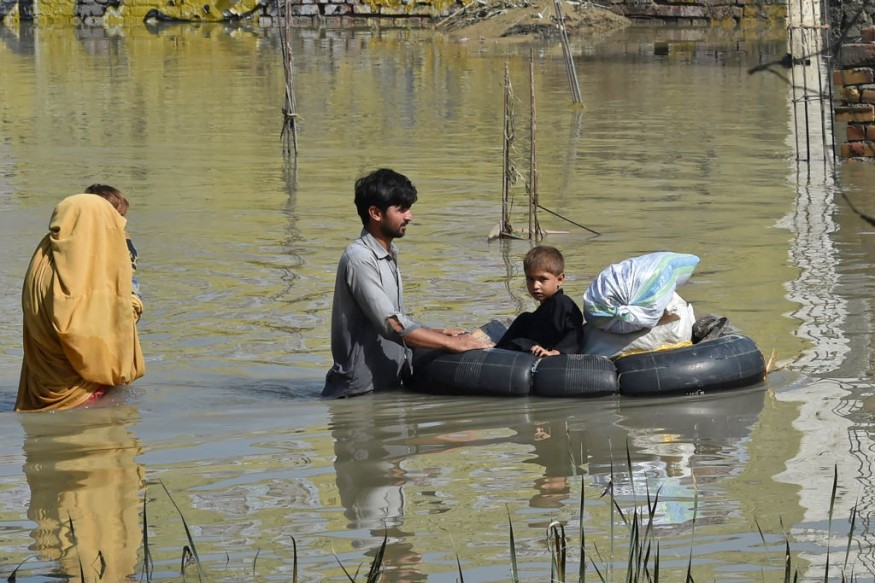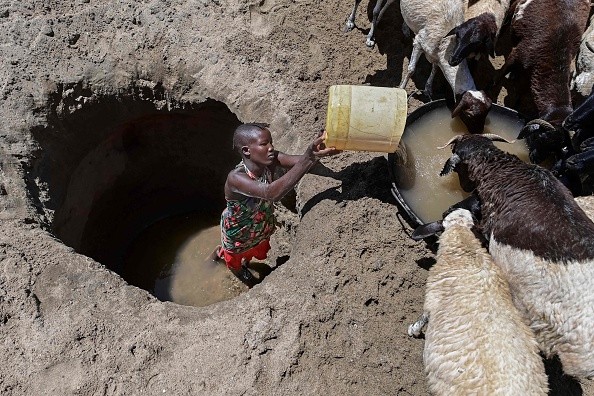Developing countries' demands have pushed up the agenda for the climate negotiations in Egypt next month that wealthy nations pay compensation for "loss and destruction" brought on by climate change.
Analysts claim that for COP27 to be successful, this crucial issue must be resolved despite resistance from the US and EU.

Leading the Charge
Pakistan's Prime Minister Shehbaz Sharif was clear when the floodwaters receded from an estimated one-third of his nation in September. His chronically indebted government shouldn't be obliged to approach wealthy nations with a "begging bowl," asking them to aid in rebuilding his nation after its worst-ever monsoon floods-not when all the data pointed to other nations' pollution as the primary cause of the floods.
He declared, "The magnitude of this climate-related calamity is beyond our financial means." "Climate justice is at stake here."
Sharif is anticipated to push for compensation for the "loss and damage" inflicted by climate change on underdeveloped countries like his at the upcoming international climate negotiations, which will be held in Egypt's Sharm el-Sheikh starting on November 6; he will serve as co-chair.
Rationale Behind the Agenda

At the COP27 session of parties to the UN climate agreement, he won't be alone for long. His request for a new global "financial facility" to channel what some refer to as climate reparations for the "loss and destruction" they have sustained is anticipated to be echoed by many developing countries. According to many commentators, the conference's success or failure will likely rely on how wealthy nations react.
The effects of climate change are getting more destructive and lethal. The mega-flood in Pakistan this year, a drought in Somalia that is severe even by East African standards, and unheard-of heat waves in Europe, China, and India all serve as stark examples of how increasingly extreme weather is wreaking havoc far beyond the capacity of any one person, group of people, or country to adapt to it.
It is evident who is to blame for this. A small group of early industrializers, led by the United States, have been pouring greenhouse gas into the atmosphere for more than a century. This is where the vast bulk of the carbon dioxide in the atmosphere causing the disturbance comes from.
Economic Status
The poorest countries, often the least to blame for climate change and have the least adaptable infrastructure and economy, are now demanding compensation. Rich countries, particularly American governments of all political shades, have long refused to acknowledge that they should be doing this. They think paying compensation is going too far, but they are committed to assisting developing countries in reducing their emissions and investing in climate change adaptation strategies.
Analysts predict that the problem will likely manifest itself during the opening of the forthcoming COP27 conference in Egypt. The creation of a financial facility to compensate countries for loss and damage will be a new item on the conference agenda, according to the G77/China group of developing nations, which Pakistan is presently leading.
For more news update about Environmental Action, don't forget to follow Nature World News!
© 2026 NatureWorldNews.com All rights reserved. Do not reproduce without permission.





